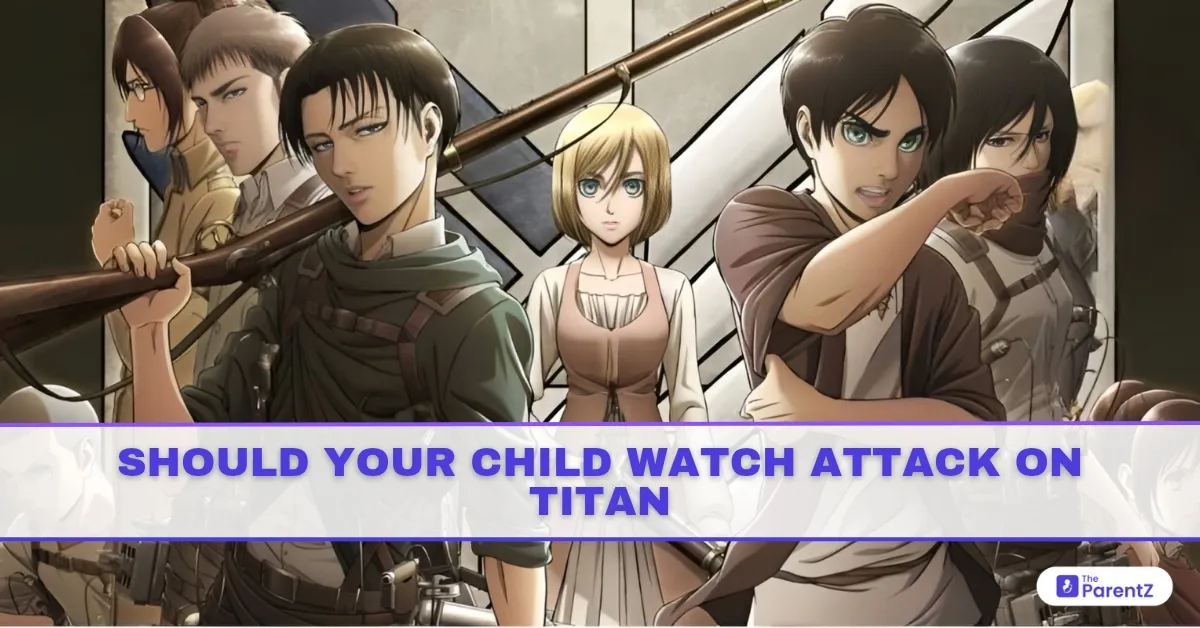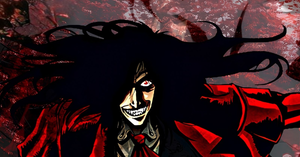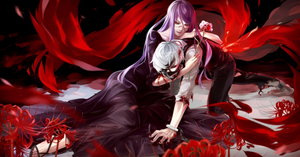Introduction
Let’s face it—if your teenager is even remotely into anime, Attack on Titan has probably popped up on their radar. And if you’ve ever caught a glimpse of it yourself, chances are you had some questions. Why is it so violent? Why are people getting eaten? And more importantly: should my kid really be watching this?
This guide isn’t here to tell you how to parent. But it will walk you through what Attack on Titan really is, why it’s so popular, and whether it’s something you’d feel okay letting your teen dive into.
Overview
On the surface, Attack on Titan is about humanity’s fight for survival against massive, man-eating giants. But that’s just the hook. As the story unfolds, it turns into something much deeper—a war drama wrapped in mystery, laced with betrayal, politics, and moral ambiguity. It doesn’t hand out easy answers. It makes you sit with the discomfort of hard truths.
And visually? It's stunning—but also unflinching. Heads roll. Limbs fly. Screams echo. It’s not for the faint-hearted, and it doesn't pretend to be.
Theme
Beneath all the action, Attack on Titan explores themes that feel unsettlingly close to real life.
It’s about the cruelty of war—not the glorified kind seen in blockbuster movies, but the kind that leaves emotional scars. It’s about leadership and manipulation, about how people can be turned into weapons through fear. It’s also about freedom—what it means, what it costs, and whether it's even possible in a broken system.
And yes, the violence is graphic. But the emotional weight might be even heavier. Characters are haunted by their choices. Some lose their families. Others lose their sense of self. No one escapes untouched.
Age Preference
Suggested Age Group: 17+ (Mature teens and adults)
This isn’t a gatekeeping thing—it’s about emotional readiness. A 13-year-old might be able to watch the show, but that doesn’t mean they’ll process it. The series demands a level of maturity that comes with age, experience, and the ability to engage with dark, complex narratives.
If your teen is 16 or younger, it’s worth pausing and asking whether they’re watching because they genuinely understand the story—or just because everyone else is talking about it.
Who Should Not Watch
Let’s be blunt here: this anime is not for everyone.
If your child is particularly sensitive to violence, death, or emotional distress, this could hit harder than expected. It deals with trauma, genocide, and betrayal in ways that are intense and often gut-wrenching.
Also, if your kid is looking for something light-hearted or inspiring—this isn’t it. Attack on Titan leans heavily into nihilism, and there are entire episodes that leave you feeling more emotionally exhausted than entertained.
Lessons From It
That said, Attack on Titan isn’t just darkness for the sake of it. There are meaningful lessons buried in the chaos.
It shows how blind loyalty can destroy nations. How fear can be weaponized. How the “enemy” isn’t always who you think it is. It teaches that freedom isn’t free—that every choice comes with consequences, and sometimes, there’s no perfect outcome.
And maybe most importantly, it forces viewers to think. It’s uncomfortable. It’s tragic. But it’s also a reminder that in the messiness of life, we still get to choose who we become.
Conclusion
Attack on Titan is a masterpiece—just not one made for young kids. It’s intense, emotional, and unapologetically brutal. If your teen is asking to watch it, don’t just say yes or no. Talk to them. Ask what they know about the show. Offer to watch an episode with them. It’s not about banning content—it’s about building awareness.
Because in the end, the goal isn’t just to protect them from stories. It’s to help them grow into people who can understand them.








Be the first one to comment on this story.